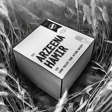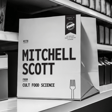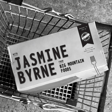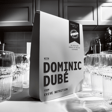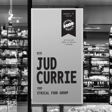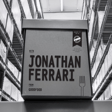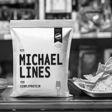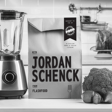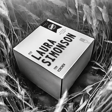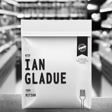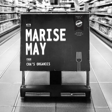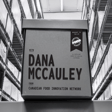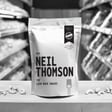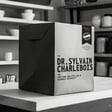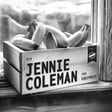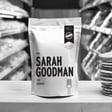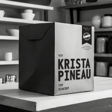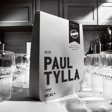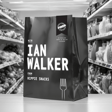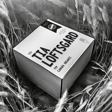
Gagan Lasser | Lass Chance Beverage Co.
In this epidote of Aisle 42 we sit down with a farmer! An orchardist in fact, and we talk about all things fruit and upcycling. Gagan Lasser is the President of Lass Chance Beverage Co. and you’re going to really enjoy they’re take on a bold mission to reduce food waste.
They transform unsellable whole fruit into juice, sparkling sodas and ciders made from things like peaches, pears, and even the dark horse of the farming world, the haskap berry.
We chat through the importance of sustainable practices, using AI to sorting produce, and some of the harder realities of managing crops exposed to the elements. We also talk about their farm-to-bottle journey, agricultural stewardship, and their zero food waste mojo.
Learn more visit https://www.lasschance.com/.
If you would like to get to know the people and the purpose behind this podcast visit https://www.ethicalfoodgroup.com/.
Here's the highlights:
Last Chance Beverage Co. transforms unsellable farm produce into high-quality beverages, aiming to reduce food waste.
Located in Keremeos, BC, the company is family-owned and operates on a sustainable farm that’s been in business since 1988.
The company started by upcycling excess apples into juice and now produces a variety of products, including sparkling sodas and ciders from peaches, pears, and haskap berries.
Last Chance employs advanced AI sorting technology on the farm to categorize produce, allowing them to upcycle "ugly" or misfit fruits.
They focus on sustainability, using integrated pest management to reduce chemical use and prevent waste at each stage of the farming process.
Their beverages are packaged in glass bottles, reflecting the brand’s premium image and commitment to environmental impact.
The company recently opened a 7,000 square-foot on-farm tasting room and production facility, offering a unique farm-to-bottle experience for visitors.
They are expanding distribution of their products across Western Canada, with plans to enter Eastern Canada soon.
Last Chance has a “zero food waste” mission, using every part of the fruit, including turning unused portions into animal feed and other by-products.
Lasser emphasizes the brand’s philosophy that “there’s no such thing as a bad apple,” symbolizing their commitment to upcycling and sustainability.
